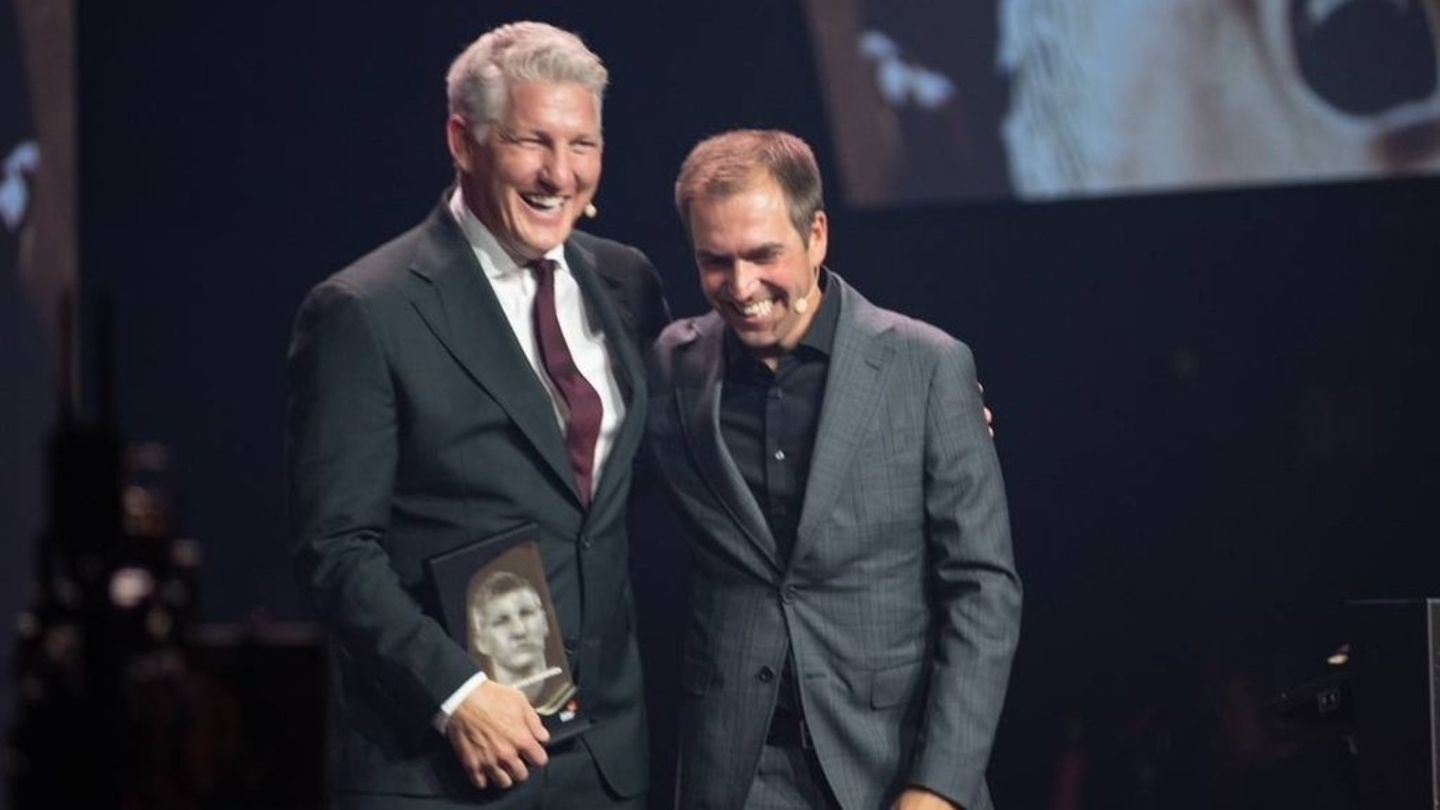(By Sergio Arboleya) Six years after her previous album, the artist Liliana Vitale will premiere the recent repertoire gathered in “Pistas”, tomorrow at 8:00 p.m. at the Café Berlín in Buenos Aires, where as vocalist of a quartet she assumes a current Argentine songbook that, he assures, “he reaches places of the soul that only songs reach”.
“The songs that finally make up this album I feel that they are going to heal and calm. When I see the finished repertoire and take distance, I conclude that they are ‘clues’ to heal in health, from and to there they speak”, Vitale maintains during an interview with Télam.
Pianist, singer, author and teacher forged in the universe of Argentine Independent Musicians (MIA), in a family that promotes culture and as a restless maker, reaffirms the need for songs that connect “with the urgency of this time, which is to keep in mind the place that belongs to us in the collective”.
“Private wounds – he maintains – have ways of healing, but globally we still have a lot to do. Awareness is the first thing to get out of this labyrinth and its disease”.
In search of antidotes, “Clues” brings together the songs “Faith” (Palo Pandolfo), “Let’s get up to see the flowers in the garden” (Edgardo Cardozo), “Por eso el canto” (Nora Benaglia), “A pique” (Juan Quintero), “The heart is the place” (Pablo Dacal), “Reverdecer” (Perotá Chingó), “The Worst” (Ezequiel Borra), and “My love” (Florencia Ruiz).
The list is completed with two of his own contributions: “Vero Vero”, a tribute to his friend Verónica Condomí; and “El marco”, for which she composed the music together with the pianist Alejandro Manzoni and has texts by Georgina Hassan.
The plaque brings her together, in addition to Manzoni, with two other renowned instrumentalists: the double bassist Guido Martínez and the percussionist Facundo Guevara. All the musicians developed their parts within the arrangement.
While his brother Lito Vitale was in charge of the general production, recording and mixing, in the latter case together with Adrián Charras.
The presentation will be tomorrow starting at 8:00 pm in the room located at Av. San Martín 6656 in the Buenos Aires neighborhood of Villa Devoto, where Liliana anticipates “a true celebration.”
“I reconfirm that mine is not the world of entertainment, each event is unique and unrepeatable and so with that expectation we will approach it,” he announces ahead of the presentation that will add the presence of Florencia Ruiz and Georgina Hassan.
Télam: How did “Pistas” come to be?
Liliana Vitale: During the year 2022 we played several times at Pista Urbana, a beautiful music club in San Telmo that we feel like home. There we were testing songs, arrangements and above all the sound of the group in which this time I reserved the role of singer, no longer accompanying me on the piano as I had usually done in previous shows.
T: Did you think of it as a kind of anthology of the current Argentine song?
LV: The truth is that I found these and other songs in an attempt to answer some questions asked by Julio Cortázar in his text “Me caigo y me risen”, where he talks about the fall and rehabilitation. At the same time it is true that I had an urgency to anchor in the present of the Argentine song, since I had previously carried out some retrospective projects: one called “Uanantu” with songs that we played in childhood with my brother Lito Vitale, and another called ” Modo Muñoz”, with texts and songs by Alberto Muñoz, a fellow member of the group MIA and from my first stage as a soloist.
T: Was the job shared with the musicians to come together to find a common language or was the original idea to make a record with a current repertoire?
LV: My big bet was to get out from behind the piano and occupy the stage space so as to be able to express everything not only with my voice but also with my body. I am not an actress but I have always enjoyed performance and poetry and music at your service. The presence and commitment of the musicians who accompany me in this epic was and is decisive. The proposal was to play and that the “arrangements” arose from the tour on the tracks that the songs proposed to us. In fact, the covers still surprise us, we never play the same thing, although of course we respect the way the songs offer us; another way to be in sync with the present.
T: How do you go about that delicate balance between the composer and the performer today?
LV: In this work, above all, the interpreter is shown, there is only one song of mine. Reversing, putting songs from others into your musical and poetic body, is not making covers. There is something to compose there, although it is no longer the same. I approached the works of others as one who allows himself to be transformed by a new ingredient in his vital torrent. This is how they spent a long time making a place for themselves in those internal circuits that our systems have. Playing the piano also allowed me to sketch what I wanted as an environment, rhythmic mark and shape for each one of them. I don’t feel a difference between the author and the interpreter, although sometimes I put my hand in changing some word or turning the form around, or “reharmonizing”.
The composer has not been so prolific for a long time, I hope that after this work I can connect with making new songs that express so many “feeling-thoughts” that inhabit my moments of meditation.
T: And what challenges did you face as the “singing voice” of this songbook?
LV: I’m really enjoying playing with my whole body and voice available. Throughout my life, the liberation of what is so mysterious that we have to give, what the voice conveys, was a constant. A lot happened in that sense, with my voice and with our collective voice. I always liked teaching, accompanying the process of encountering her singing in others and I deeply dedicated myself to training with different technical proposals from different disciplines. In my case and today in particular, I am happy because this place on the pitch allows me to free even more that ethereal and magical body that does not need us to push it but to let it go, to let it escape, discover itself, get to know each other and continue working. about letting go of stereotypes, prejudices and lies.
Source: Ambito
I am an author and journalist who has worked in the entertainment industry for over a decade. I currently work as a news editor at a major news website, and my focus is on covering the latest trends in entertainment. I also write occasional pieces for other outlets, and have authored two books about the entertainment industry.




